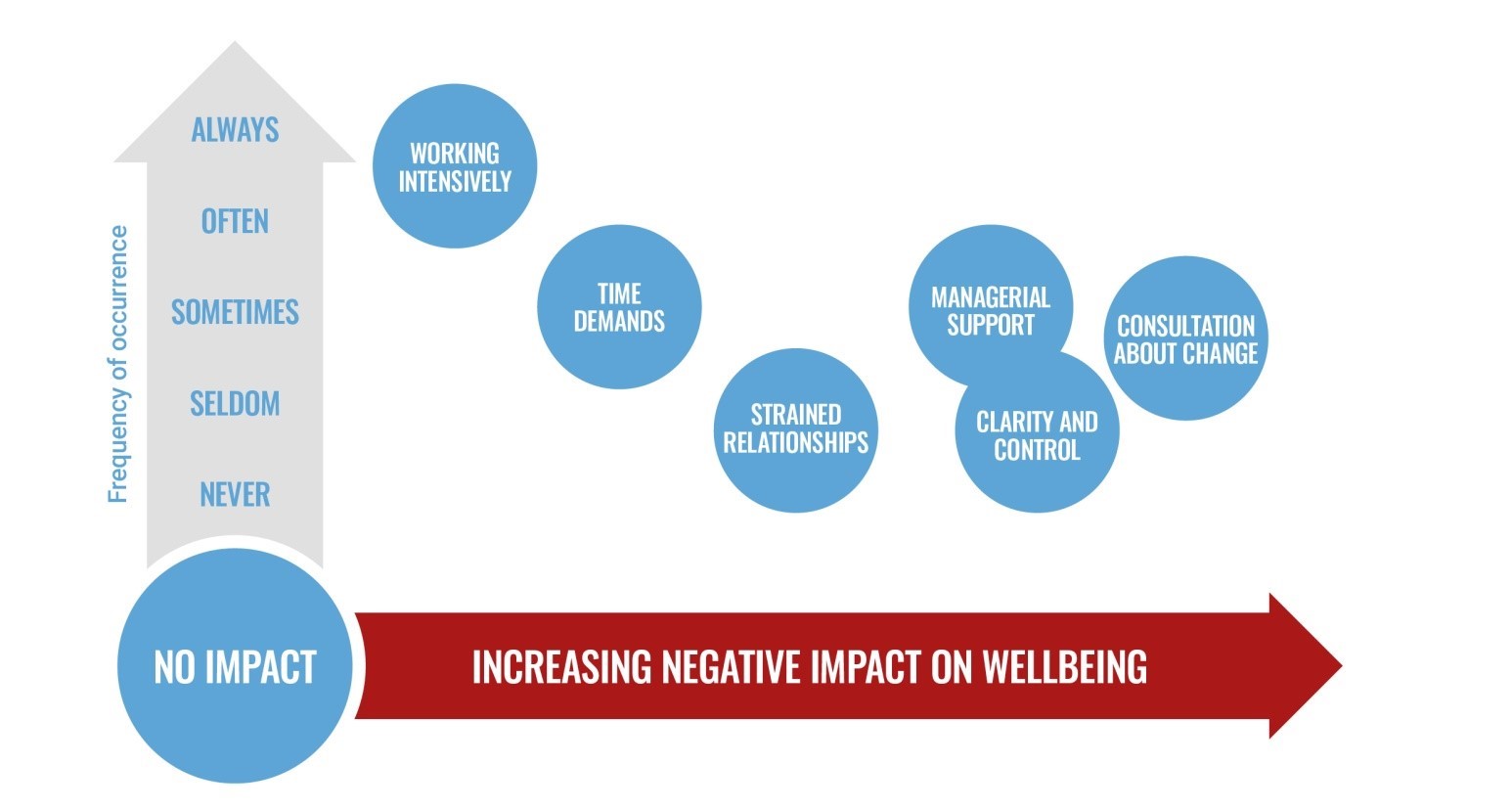REUTERS/Yuya Shino (Photo)
Last year, about half of lawyers that were interviewed and designated as Acritas Stars said they felt their performance had been affected by their well-being, mental or physical health, at least once in the last month, often multiple times.
This year, amid the impact of COVID-19, further research shows that more than three-quarters of senior lawyers (77 percent) want to make changes in their professional life to reflect better work-life balance—a factor that’s at the very heart of lawyer wellbeing. Most importantly, more than one-fifth of senior lawyers (22 percent) said they would leave their current firm if their new demands were not accommodated.
Now that the pandemic and ensuing lockdowns have given lawyers a chance to reflect on how their ultracompetitive work life impacts their overall wellbeing, the message to law firms is quite clear: Take our requests for work flexibility, remote working, and improved wellbeing seriously.
Not surprisingly, these urgent demands greatly influence how law firms can improve upon the work life of their partners and other legal professionals. A new report, ‘Lawyer Wellbeing: An Opportunity to Thrive for Lawyers and Firms’, from Acritas, part of Thomson Reuters, uncovers the extent to which intensive working has been normalised in the legal industry and what law firms can do to alleviate that pressure.
The report also details how law firm leaders should look at wellbeing as not only being about ensuring people are well enough to work effectively, but as a framework for creating a culture that will attract, engage, and retain top talent in an increasingly competitive and changing legal talent landscape.
“Clearly the tone from the top is concerning, with its impacts being felt even more strongly by younger talent in the profession”, states Lisa Hart Shepherd, Vice President of Research Strategy at Thomson Reuters Acritas, in the report. “Wider research paints a picture of junior lawyers under pressure to ‘prove themselves’ within the ultracompetitive law firm environment, where they have little control over the often unrelenting workload generated for them by clients and partners, resulting in worrying levels of extreme stress and mental ill health.”
This indicates that law firms should change their approach to a legal market where talent is increasingly mobile, and the need for firms to attract, engage, and retain top talent is even more crucial for their own survival. Moreover, while those initiatives commonly associated with good wellbeing—promoting good physical and mental health—should remain important pillars of any firm’s wellbeing strategy, more needs to be done, the research shows.
Mostly, this means building an inclusive culture that promotes openness and transparency around the firm’s strategy and implementing systems that incentivise the right behaviours and encourage collaboration. This report urges firms to take action around the six main drivers of wellbeing identified to create this kind of environment, while motivating talent to work hard enough to meet the firms’ financial goals as well.

You can download a copy of the new report, ‘Lawyer Wellbeing: An Opportunity to Thrive for Lawyers and Firms’, from Thomson Reuters Acritas, here.
Add your voice to the latest research on wellbeing
Acritas, part of Thomson Reuters is keen to encourage everyone to participate in a global research study exploring mental wellbeing within the legal profession in much greater detail.
Earlier this year, the International Bar Association (IBA) embarked on the key initial phase of the project consisting of two global surveys—one for individual lawyers, the other for law firms and other legal institutions, including bar associations, law societies, and in-house legal departments.
The surveys are available to both IBA members and non-members—and can be completed in English or Spanish. The surveys are also anonymous and take approximately 10 minutes to complete. The surveys will remain open until early December 2020.
To begin the IBA surveys click here and select ‘Start the Survey’ at the top of the page to ensure your views are added.



